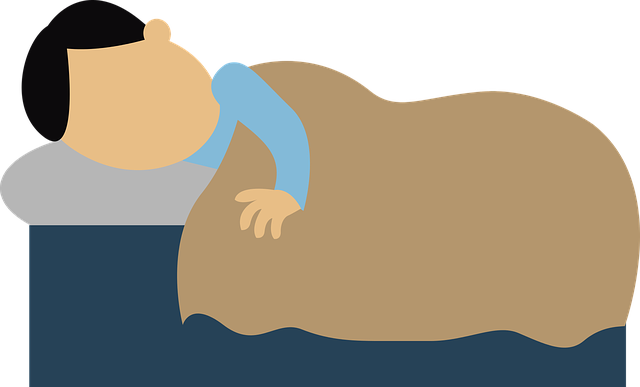Sleep is far more than just rest it’s an active process that supports the body’s repair, regeneration, and overall physical function. While many recognize sleep’s role in mental health and immunity, its impact on the musculoskeletal system including bones, muscles, and joints is often overlooked.
This blog explores how quality sleep contributes to stronger bones, better muscle recovery, and healthier joints, and why prioritizing rest is crucial for long-term mobility and physical wellness.
1. Sleep and Bone Health
Bones are living tissues that constantly undergo a process of renewal breaking down old tissue and rebuilding new. During deep sleep, particularly in the slow-wave stage, the body releases growth hormone and triggers repair processes essential for bone formation and strength.
How Sleep Supports Bone Health
-
Regulates hormones like growth hormone and melatonin, which play a role in bone re-modeling.
-
Reduces inflammation, which can weaken bones and contribute to conditions like osteoporosis.
-
Promotes calcium absorption and vitamin D metabolism, essential for bone density.
Risks of Poor Sleep for Bones
-
Chronic sleep deprivation can impair bone mineralization, increasing the risk of fractures and osteoporosis.
-
Poor sleep affects the regulation of cortisol, a stress hormone that—when elevated long-term—can lead to bone loss.
2. Sleep and Muscle Mass
Sleep is essential for muscle repair, recovery, and growth. After exercise or daily wear and tear, your muscles rebuild during sleep, especially in the deeper stages of non-REM sleep. Protein synthesis and tissue regeneration increase during this time.
Benefits of Sleep for Muscles
-
Enhances muscle recovery and reduces soreness after physical activity.
-
Increases testosterone and human growth hormone, which are vital for muscle maintenance and development.
-
Improves physical performance, strength, and endurance by allowing the muscles to fully recover.
Lack of Sleep and Muscle Loss
-
Shortened sleep duration has been linked to muscle atrophy (loss of muscle tissue) and reduced protein synthesis.
-
Insufficient rest affects energy levels, leading to decreased physical activity and further muscle deterioration over time.
3. Sleep and Joint Care
Joints rely on consistent blood flow, reduced inflammation, and cellular repair functions that are optimized during sleep. Joint tissues like cartilage and synovial fluid regenerate during rest, helping to maintain mobility and prevent degradation.
How Sleep Improves Joint Health
-
Reduces systemic inflammation, which can ease joint pain and slow the progression of arthritis.
-
Promotes collagen repair, a key protein in joint tissues and connective structures.
-
Supports immune regulation, helping the body manage autoimmune conditions like rheumatoid arthritis.
Consequences of Poor Sleep on Joints
-
People with chronic sleep issues often report increased joint stiffness, swelling, and pain.
-
Sleep disturbances can exacerbate inflammatory conditions that impact joint function and mobility.
4. Sleep Recommendations for Musculoskeletal Health
Getting the right amount of sleep is essential at every stage of life, especially when it comes to maintaining strong bones, healthy muscles, and pain-free joints. Teenagers, aged 14 to 17, should aim for 8 to 10 hours of sleep each night to support their rapid growth and physical development. Adults between the ages of 18 and 64 typically need between 7 and 9 hours of quality sleep to allow for effective muscle recovery and bone repair. For older adults aged 65 and above, 7 to 8 hours of rest is generally sufficient, although maintaining sleep quality can become more challenging with age. Regardless of age, deep, restorative sleep plays a vital role in the repair and renewal of musculoskeletal tissues and helps prevent age-related degeneration.
5. Tips for Better Sleep to Support Musculoskeletal Health
-
Maintain a consistent sleep schedule, even on weekends.
-
Exercise regularly, but avoid high-intensity workouts right before bedtime.
-
Limit caffeine and alcohol intake, especially in the evening.
-
Optimize your sleep environment dark, cool, and quiet bedrooms promote better rest.
-
Incorporate a wind-down routine like stretching, meditation, or a warm bath.
-
Consider supportive mattresses and pillows that reduce joint pressure and spinal misalignment.
Quality sleep is a cornerstone of musculoskeletal health. Whether you’re an athlete, dealing with joint pain, or simply aiming to age gracefully, sleep is a powerful, natural tool for supporting bone strength, muscle mass, and joint integrity. By making sleep a priority, you not only boost your energy levels but also safeguard your long-term physical health and mobility.


